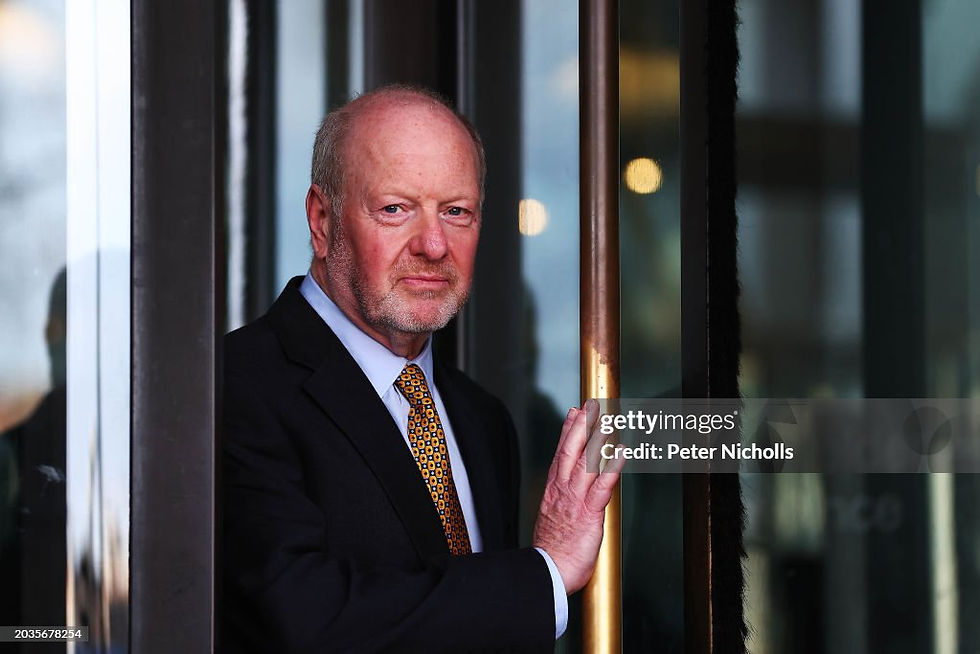Home Secretary Under Fire for Insensitive Remarks on Spiking: Calls for Resignation Grow
- Andrew Wilkinson
- Mar 2, 2024
- 2 min read
Updated: May 4, 2024

The UK's Home Secretary, James Cleverly, faces mounting pressure to resign following his controversial comments made at a Downing Street reception. Just hours after announcing government plans to tackle spiking - the surreptitious drugging of individuals without their consent - Cleverly made distasteful jokes about spiking his wife's drink with a date rape drug, sparking outrage and calls for his immediate resignation.
Cleverly's comments, reported by the Sunday Mirror, drew intense criticism from advocacy groups and politicians alike. His quip about slipping "a little bit of Rohypnol in her drink every night" and his notion that it's acceptable if it's "only a little bit" deeply offended many, especially those working to combat violence against women and girls.
The Fawcett Society, a prominent women's rights group, condemned Cleverly's remarks as "sickening" and highlighted the dangerous normalization of misogyny under the guise of 'banter.' Chief Executive Jemima Olchawski called for Cleverly's resignation, questioning his capability to address the pressing issue of violence against women and girls seriously.
Cleverly's attempt to dismiss his comments as an "ironic joke" met with widespread disbelief and outrage. Shadow minister Alex Davies-Jones dismissed this excuse as tired and reiterated the necessity for a cultural shift away from such inappropriate 'banter.'
The controversy is particularly egregious given Cleverly's position and the timing - the remarks were made on the same day the Home Office announced strategies to combat spiking. This incongruity has led many to question Cleverly's sincerity and commitment to addressing this serious issue.
The comments not only offended victims of spiking and sexual assault but also undermined trust in the government's ability to prioritize women's safety. Individuals and advocacy groups emphasized that such behavior from a senior government official perpetuates rape culture and exacerbates the challenges faced by victims seeking justice and support.
The outcry against Cleverly's remarks has transcended mere offense; it has reignited discussions around the gravity of spiking as a crime. Despite a surge in reported incidents, measures to classify spiking as a specific offense have fallen short, raising concerns about the government's stance on this critical issue.
As calls for his resignation intensify, Cleverly's credibility in tackling violence against women and girls is severely compromised. The incident serves as a stark reminder of the pressing need for cultural change and unwavering commitment from government officials to protect and support victims of violence.





Comments